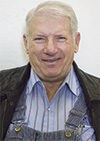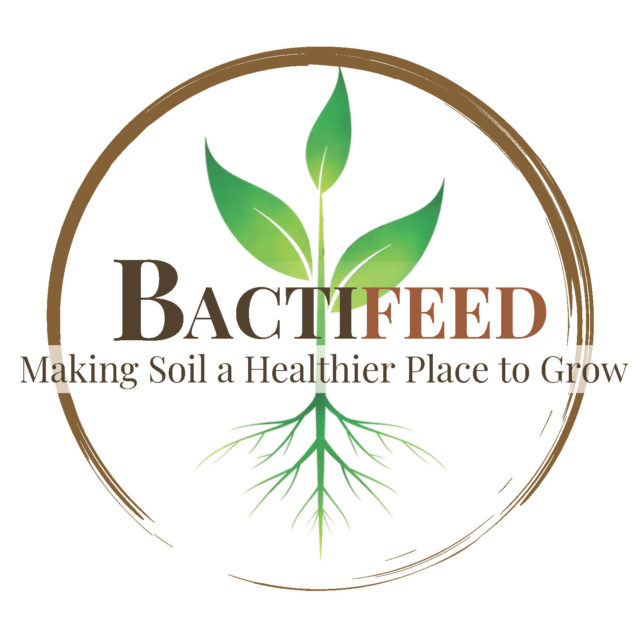From time to time, it seems that some private, less-than-politically-correct banter can make the bad days at a usually fulfilling job tolerable.
We used to muse that ranchers didn’t think a hay truck would run right unless there was snow or mud to deal with on at least one end of the haul. Now, if a rancher is operating on “survival” mode, he’s usually not going to order hay needed for the winter until his own hay is in the stack and inventoried. That by itself pushed hay delivery into the time of questionable weather. I understand that.
Some will want to have good indications as to how bad the winter is going to be prior to ordering hay. It can’t be fun looking at a haystack you’re paying interest on when the year you bought it turned out to be an open winter, where the brood cows were able to forage for themselves most of the way through. I understand that.
Then there is the January order. When the cattleman realizes the haystack is going away faster than the calendar dates are moving. That can mean snow or mud or both on both ends of a haul. Understanding this situation doesn’t make the haul any less challenging.
On the other end of the spectrum were the sheep ranches in the area of Howe, Idaho. These guys grew their own feed and usually had excess for sale in the spring – the late spring. The late spring because, of course, they kept back hay for the off chance they couldn’t turn out on the mountain as soon as they wanted.
A sheep is a ruminant. A cow is a ruminant. So they have similar diets. Sheep, it seems, can be finicky eaters. So if the hay isn’t cut while it’s still young and tender, sheep may pick the leaves off the stems and bleat for more to eat, all while standing on perfectly good alfalfa stems which they refuse to eat. How this translates, at least with this operation, is that any alfalfa hay grown by this sheep ranch is going to have been cut at a stage of maturity at which the ewes will eat the whole thing and not just the leaves. Every cutting.
That translates that, when offered to a dairy cow, this hay is going to be soft-stemmed, which means low fiber and high energy, which means it will be voraciously consumed and usually guarantee an increase in milk production.
Oftentimes it was difficult to explain to the dairyman why I hadn’t brought this hay before. “Because the eastern Idaho sheep weren’t on the mountain yet” always needed a lot of explanation.
Many years ago, I noticed a sign in a mechanic’s office which was visible to customers. “Shop rate, $25 per hour. If you watch, $35 per hour. If you help, $50 per hour. Box jobs, full shop rate plus $10. No whining.”
The owner talked about box jobs. “They are something somebody took apart to fix and couldn’t get it back together. Some are not too bad; others end up being a box with some of the pieces of the part plus some stuff that doesn’t belong. Having too many parts can be as frustrating as having missing parts.”
I had my antique carcass in for a tune-up in March. Medication to control extra heartbeat impulses were doing the job too well and had me wheezing and exhausted most of the time. Note how driving the same truck every day, if you’re not careful, your brakes getting “out of adjustment” can sneak up on you and leave you with “just barely” stopping power? That’s what my decreasing strength and energy levels did to my carcass.
It was a wonderful time to have an acute gout attack show up. I thought I was done with a heavily flowing sinus cold 10 days before, but that came back too. The healthy-heart diet would have been tolerable – if they’d have given me a salt shaker.
The singular bright spot was the nursing staff. There are times I’m sure the nurses are smarter than the doctors. Hanging in their break room are a couple of non-politically-correct notes:
- “Think: The nursing staff are like family. If you are unkind to or act inappropriately to any of them … the next person coming to draw your blood may actually be a 300-pound maintenance man whose previous experience drawing blood was from the jugular vein of a horse.”
And:
- “Remember your worst childhood nightmare of the boogeyman? That’s who your nurse is married to ... just saying ....”
They were my gifts to the staff. They suggested I give a copy of the second one to the nurses in the emergency room (something about some real pieces of work showing up there).
And – if you have it in mind to harass your waitress, wait until you have all your food. ![]()









